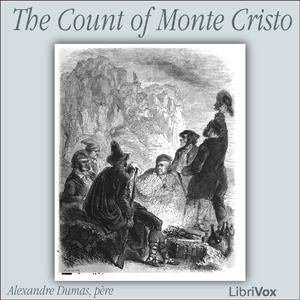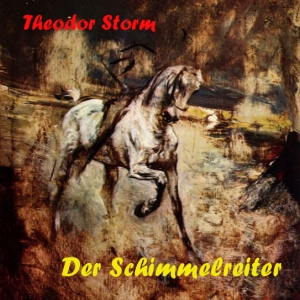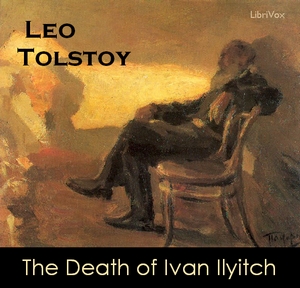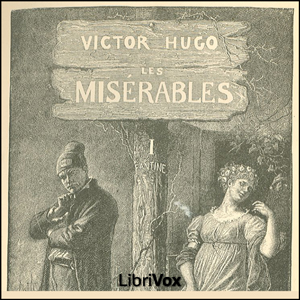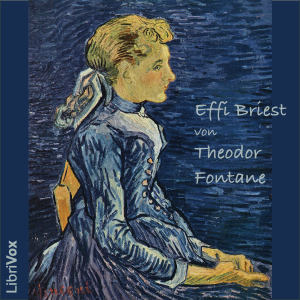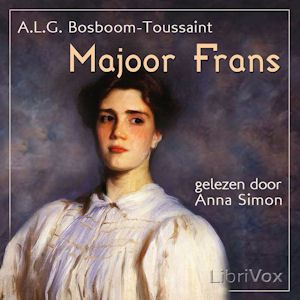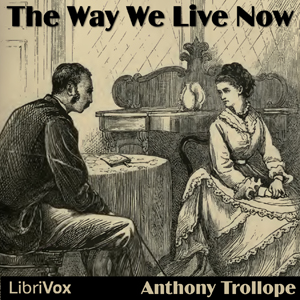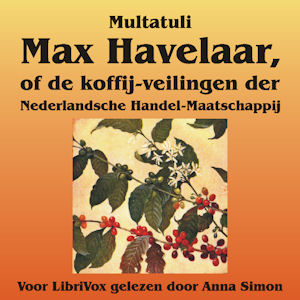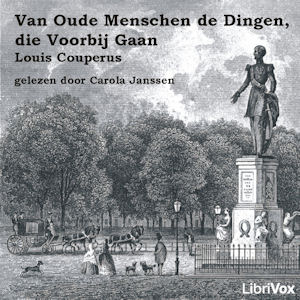- The Prologue
- The Knight's Tale - Part One
- The Knight's Tale - Part Two
- The Knight's Tale - Part Three
- The Knight's Tale - Part Four
- The Miller's Tale
- The Reeve's Tale
- The Cook's Tale
- The Man of Law's Prologue
- The Man of Law's Tale - Part One
- The Man of Law's Tale - Part Two
- The Man of Law's Tale - Part Three
- The Shipman's Tale
- The Prioress's Tale
- Chaucer's Tale of Thopas
- The Tale of Melibeus - Part One
- The Tale of Melibeus - Part Two
- The Tale of Melibeus - Part Three
- The Tale of Melibeus - Part Four
- The Monk's Tale - Part One
- The Monk's Tale - Part Two
- The Nonne Prestes Tale - Part One
- The Nonne Prestes Tale - Part Two
- The Phisician's Tale and Words of the Host
- The Pardoner's Prologue and Tale
- The Wife of Bath's Prologue - Part One
- The Wife of Bath's Prologue - Part Two
- The Tale of the Wife of Bath
- The Friar's Prologue and Tale
- The Summoner's Prologue and Tale
- The Clerk's Prologue and Tale - Parts One, Two, and Three
- The Clerk's Tale - Parts Four, Five, and Six and Lenvoy de Chaucer
- The Marchante's Prologue and Tale - Part One
- The Marchante's Tale - Part Two - and Epilogue
- The Squier's Prologue and Tale and Words of the Frankelin
- The Frankelin's Prologue and Tale - Part 1
- The Frankeleyn's Tale - Part 2
- The Seconde Nonnes Prologue and Tale
- The Canon Yeoman's Prologue and Tale - Part 1
- The Chanouns Yemannes Tale - Part 2
- The Ma(u)nciple's Prologue and Tale
- The Parson's (Persones) Prologue and Tale - Part 1
- The Parson's Tale - Part 2
- The Parson's Tale - Part 3
- The Parson's Tale - Part 4
- The Parson's Tale - Part 5
- The Parson's Tale - Part 6
- Appendix to Group A - The Tale of Gamelyn - Part 1
- The Tale of Gamelyn - Part 2
Chaucer's famous and important work is predicated upon the premise that a group of Christian folks from various occupations, familiar in the Middle Ages and a goodly number of them in the Church, are on a pilgrimage to worship at the burial site of Thomas Becket in the Cathedral at Canterbury. The host suggests that to pass the time each traveler tell a tale. So, we are entertained by quite a variety of stories, almost all of which, though, have a moral purpose. Of course, Chaucer and his folk spoke an English that is between the Anglo-Saxon beginnings, which is totally foreign to us, and the Modern. This form of English, therefore, is called Middle English, which can sometimes sound somewhat familiar and at other times be absolutely incoherent to the modern ear. (Summary by Jim Locke)
There are no reviews for this eBook.
There are no comments for this eBook.
You must log in to post a comment.
Log in


